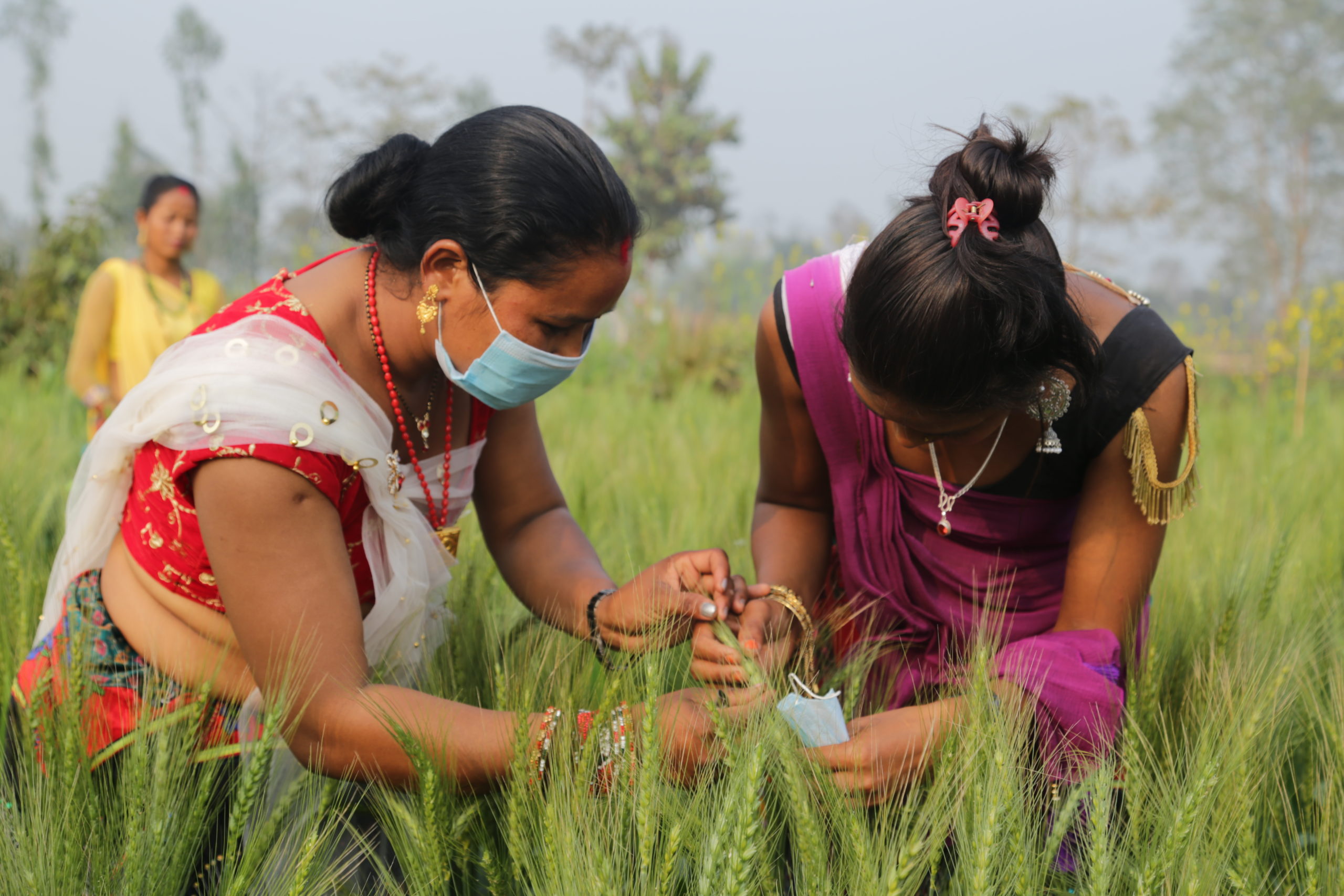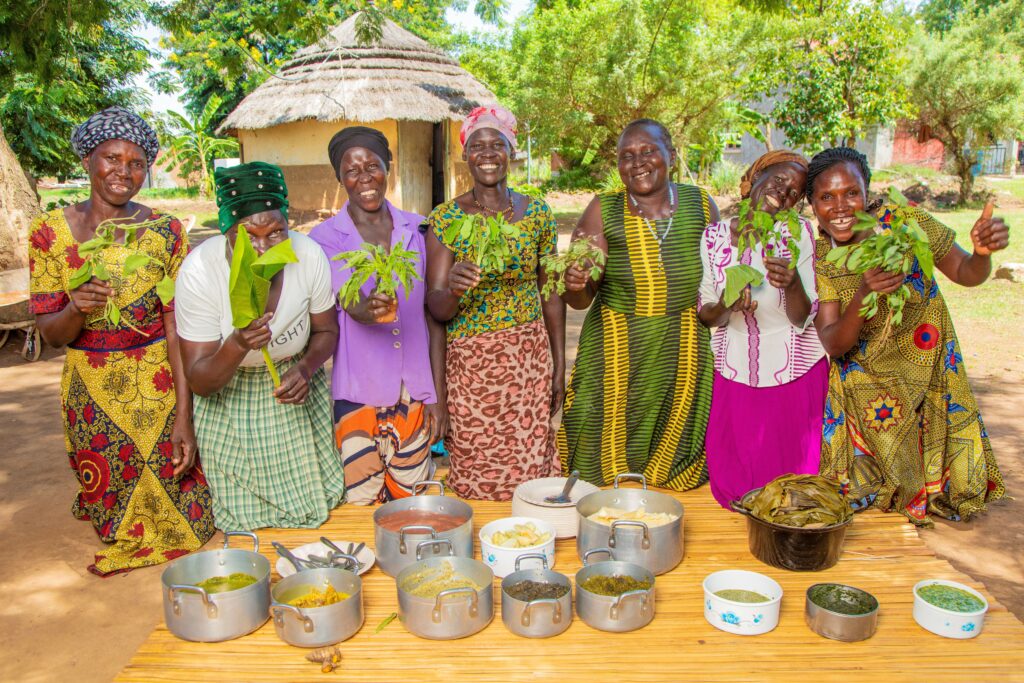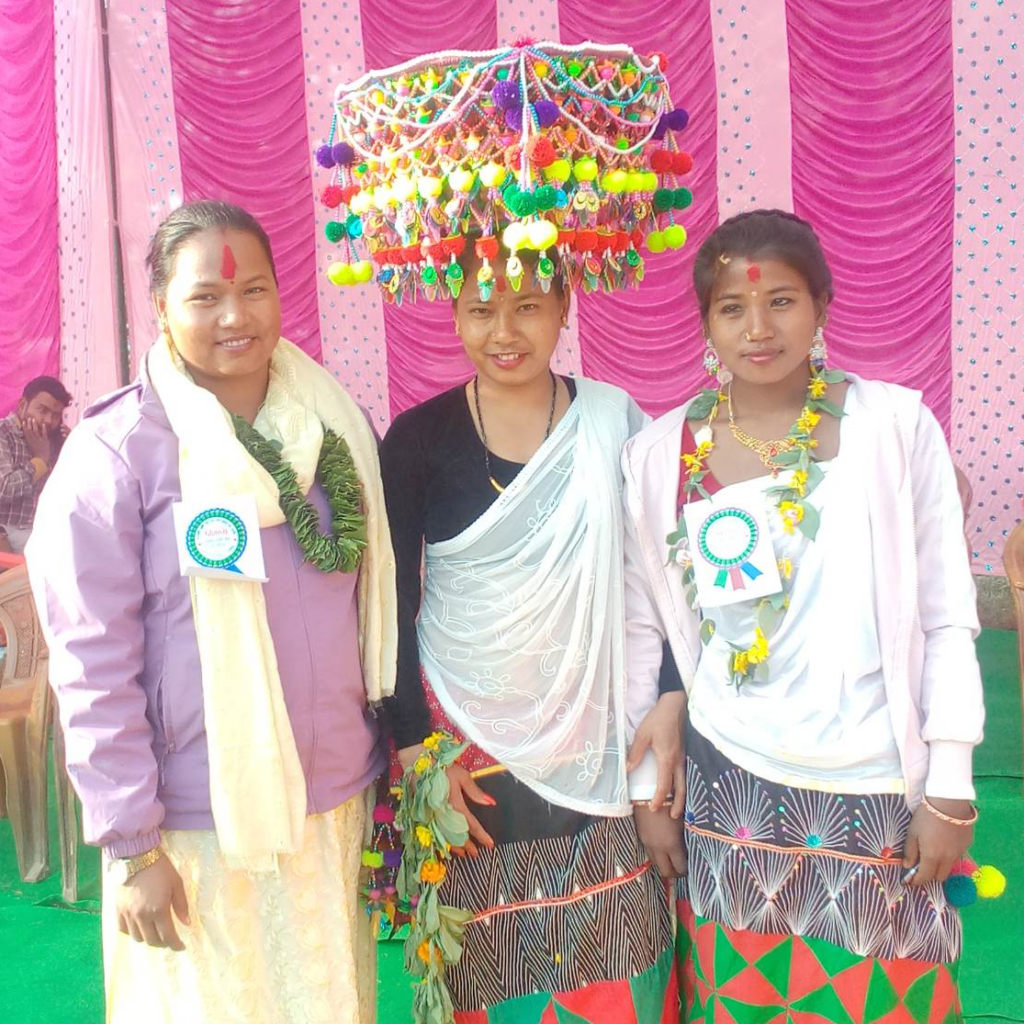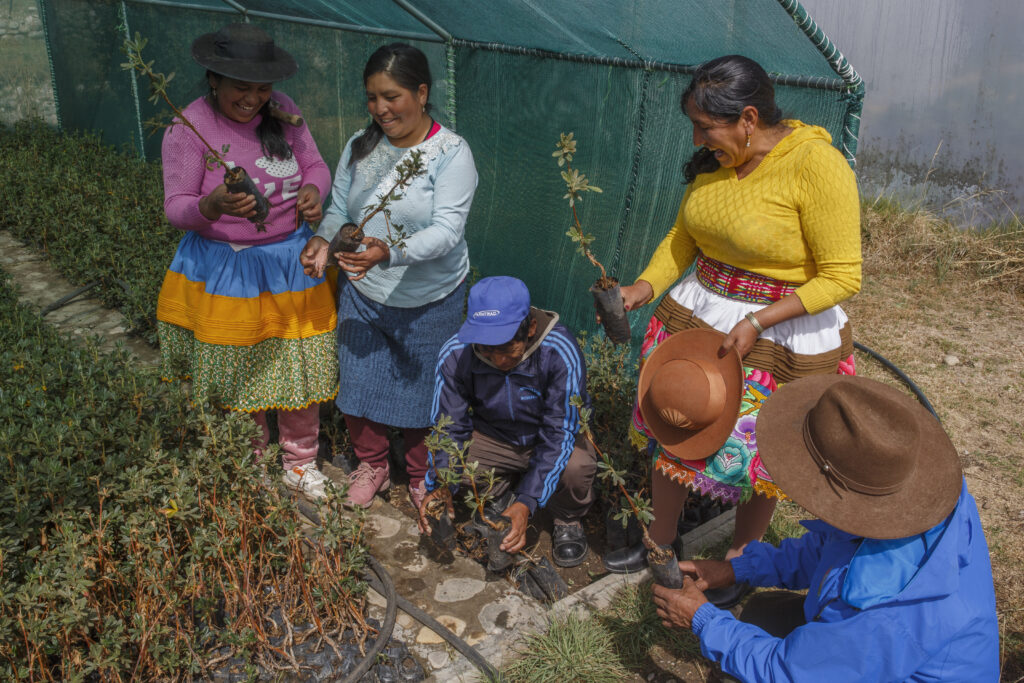Its patentability will jeopardize farmers’ and breeders’ free access to seeds instead.
By Nout van der Vaart, Policy Lead Food and Land at Oxfam Novib
Much has been discussed already about the European Commission’s proposal to deregulate new genomic techniques (NGTs). On January 24, members of the Environmental Committee of the European Parliament will vote on the proposal, with a vote in plenary scheduled in February. Next to questions raised by the organic farming sector about the (im)possibility of coexistence and requirements around traceability and labeling of gene-edited crops that the European Commission (EC) aims to abandon, critique on the proposal is growing. The French food safety agency ANSES last week published an opinion stating that the techniques can lead to changes in the biological functions of plants, which are not taken into account in the Commission’s proposal, and that subsequent health and environmental risks cannot be ruled out.
The neglected problem: patents on plants or plant traits will knock down small breeders and farmers
While this issue will likely remain hotly debated over the next couple of weeks by experts, there is one element in the broader discussion that has insufficiently been addressed – and that’s hardly mentioned in the EC’s proposal: the patentability of NGT-derived plants, and what this will mean for farmers’ and breeders’ access to seeds and breeding materials. If NGTs will no longer be subject to EU legislation on GMOs, they will be widely introduced in the market. Since these ‘technical inventions’ are patentable, the number of patents on plants and plant traits will increase tremendously. Other breeders may not use the patented plant or plant trait for further breeding and commercialization without the patent holder’s permission. An important, complicating factor is that new plant traits developed through NGTs may be indistinguishable from traits created through conventional breeding or a spontaneous mutation in nature. The latter two are, in principle, not patentable under the European Patent Convention. Now the situation could occur that, for example, a conventional maize breeder, who has for long been working with a maize variety that matures early and has high cold resistance, would find herself confronted with a patent granted to a company who is now claiming the exclusive ownership right for all plants containing exactly those traits. The burden of proof – providing evidence that the patented traits existed already in her conventionally bred plants – would be on the conventional breeder. This will create legal uncertainty and curtail all breeders that cannot afford strong legal counsel.
If the EC proposal in its current form is taken forward, patents will enter the food system through the back door, and something very undesirable will happen: a further concentration of power in the food system, leading to monopolization, widening inequalities, and increasing dependencies. This will likely happen, as it will mainly be big seed companies with large legal departments being able to file and enforce their patents in the sector.
The false claim on global food security
In the discussion, proponents often state that deregulating NGTs would benefit global food security and provide solutions to persistent hunger in low- and middle-income countries. This claim is very much questionable: the introduction of GMOs at the turn of the century did not bring the promised revolution in ending hunger. Rather the opposite: it enabled the accelerated and large-scale transformation of farmland into soil-destructing monocultures, ridding farmers in the Global South of their productive resources, reducing them to mere contract laborers. The promise of reduced pesticide use with the introduction of GMO crops has not come true either – a promise repeated in the current episode.
Since the development of agriculture, smallholder farmers, especially in low- and middle-income countries, have made invaluable contributions to plant breeding. This is largely underrecognized by modern plant breeders and policy makers. Virtually all crops that constitute our current diets have been developed through farmer breeding exercises. In their struggle to adapt their seeds and crops to ever changing climatic and environmental circumstances, farmers need unrestricted access to the gene pool. The introduction of plants derived from NGTs means the introduction of patents on plants and plant traits. Patented plants and plant traits can’t be used by others for further breeding purposes. Very clearly, this limits farmers and breeders in their ability to develop new plant varieties – and therefore to secure a stable and robust food supply. It is important policy makers are aware of this problem when deciding on the reform of seed laws.
For more information contact Nout van der Vaart, Policy Lead Food and Land at Oxfam Novib: nout.vandervaart@oxfamnovib.nl









